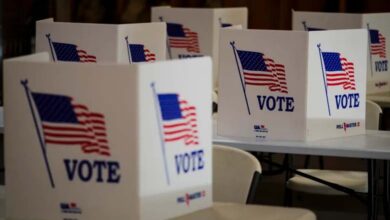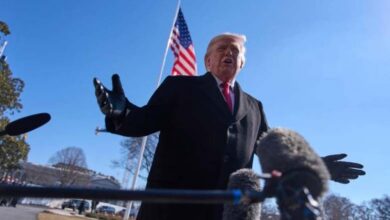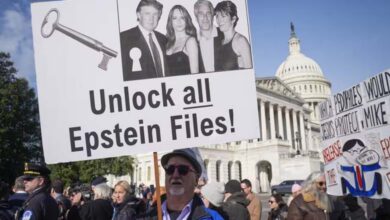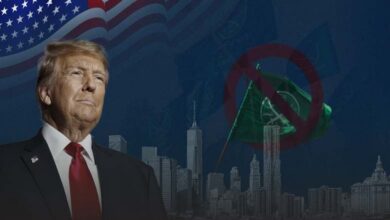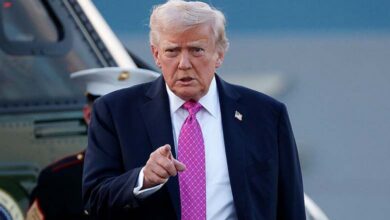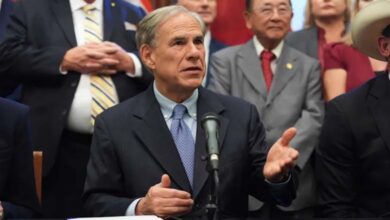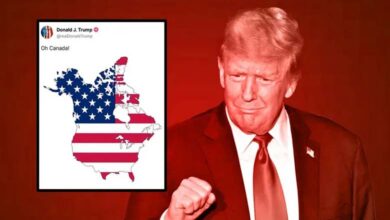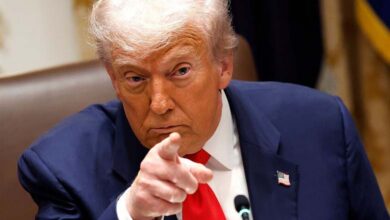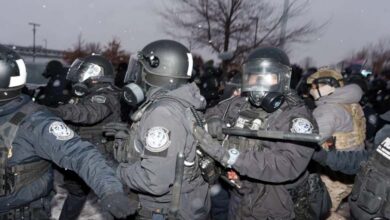Henry Kissinger and Latin America: 5 Sins That Changed the Course of History
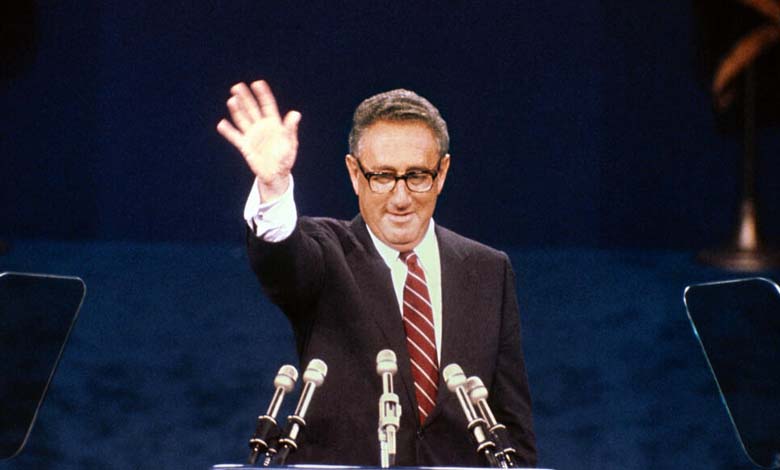
Henry Kissinger, former U.S. National Security Advisor and Secretary of State, remains one of the most controversial figures in modern diplomatic history.
He held both positions during much of the 1970s and played a central role in shaping U.S. foreign policy. During the Cold War, Kissinger led American diplomacy with a spirit that was both pragmatic and opportunistic.
Some regard him as one of the most effective American diplomats of the 20th century, while others view his legacy as profoundly negative, particularly regarding his policies in Latin America and the crimes he committed or enabled there.
-
Monsters of History: When Blood Writes the Glory of Leaders
-
8 Facts Explaining the History of the “State of the Union” Address in the United States
1 – Chile’s 1973 Coup: Toppling Democracy to Stop “Socialist Contagion”
When democratically elected socialist president Salvador Allende won the Chilean elections in 1970, the Nixon administration – under Kissinger’s leadership – saw it as a geopolitical threat. Kissinger described Chile as a “ticking time bomb” that could ignite similar revolutions across the continent.
The CIA launched “Project FUBELT” to destabilize the country by sabotaging its economy and orchestrating smear campaigns. On September 11, 1973, General Pinochet led a brutal U.S.-backed coup, killing Allende and installing a military dictatorship that lasted 17 years.
Declassified documents later revealed that Kissinger personally oversaw the funding of the insurgents, stating: “We can’t allow a country to go communist due to the irresponsibility of its own people.”
-
Experts Reveal the Muslim Brotherhood’s History of Violence and Terrorism in the Arab Region – Details
-
The Most Bombed Country in History Might Surprise You
2 – Argentina: “Do What You Have to Quickly”… A Green Light for the “Dirty War”
In 1976, Kissinger secretly met with Argentine Foreign Minister César Augusto Guzzetti, just days after Jorge Videla’s military coup.
During the meeting, Kissinger gave the regime the go-ahead by saying: “If there are things that need to be done, do them quickly.”
This phrase became a license for the “Dirty War,” during which 30,000 political opponents were disappeared, tortured, or killed.
Even after these atrocities came to light, Kissinger continued to publicly support the regime and attended the 1978 World Cup in Buenos Aires as Videla’s guest of honor, symbolically endorsing state terrorism.
-
Louisiana Purchase: The Story of the Largest Land Deal in History
-
“History does not forgive”… Humanitarian organizations sound the alarm about the attack on Rafah
3 – Central America: Funding Massacres under the Guise of Anti-Communism
With Ronald Reagan’s rise to the presidency in 1981, Kissinger returned as head of the Central American Policy Commission, where he defended funding for repressive regimes in Guatemala and El Salvador, which committed atrocities under the pretext of combating “communist infiltration.”
In El Salvador, for instance, the U.S. financed death squads that killed 75,000 people, including American nun Jean Donovan.
In Guatemala, Kissinger supported the regime of Efraín Ríos Montt, later convicted of genocide against Indigenous populations.
Kissinger justified these policies as a “strategic necessity,” despite privately admitting that “communism here is a myth used to crush the poor.”
-
“So we don’t forget” the history of the crimes of the Brotherhood, from the assassination of Hazinedar to Hicham Barakat
-
Spending Cutback Absorbs $5.1 Billion from the Pentagon
4 – Mexico: Admiration for the “Perfect Dictatorship” and Whitewashing of Killers
Kissinger spent part of his honeymoon in Mexico and was impressed by how the Institutional Revolutionary Party (PRI) ran the country as a one-party dictatorship until 2000.
During a meeting with President Luis Echeverría (1970–1976), Kissinger praised the system, saying: “You have a system worth studying.” However, this “efficiency” included the 1968 Tlatelolco massacre (300 students killed) and the 1971 “Halconazo” massacre of demonstrators.
Secret documents reveal that Kissinger was aware of these crimes but preferred supporting political stability over human rights, stating that “Mexico is no place for romantic democracy.”
5 – Operation Condor: A Transnational Terror Network
Kissinger’s so-called “crimes” extended beyond a single country through “Operation Condor,” a secret alliance between the military regimes of Chile, Argentina, Bolivia, Paraguay, Brazil, and Uruguay, with CIA support. The operation aimed to eliminate leftist opponents by abducting, torturing, and disappearing them—even outside Latin America.
A classified 1976 document revealed that Kissinger ordered his aides to stop any public criticism of these actions, saying: “We don’t want to embarrass our Southern allies.”
According to Amnesty International, the operation led to the disappearance of 60,000 people, including tens of thousands of children born in secret detention centers.
-
The blind seer strikes again: Shocking predictions for 2025
-
A child breaches the imposing fences: An unexpected intrusion into the White House
An Indelible Legacy: Who Will Judge Kissinger?
Despite overwhelming evidence of his involvement in crimes against humanity, Kissinger never faced international prosecution, shielded by diplomatic immunity and American political cover. Yet in Latin America, his name remains synonymous with brutal intervention. Human rights organizations continue to demand an international investigation into his role.
As Colombian writer Gabriel García Márquez put it best: “Kissinger taught dictatorships how to turn blood into cold statistics.”
-
Kennedy Assassination Documents: 1,100 Files Reveal Gaps in the “Conspiracy”
-
The Mystery of the American Military Plane… An Unfinished Secret Mission 63 Years Ago


